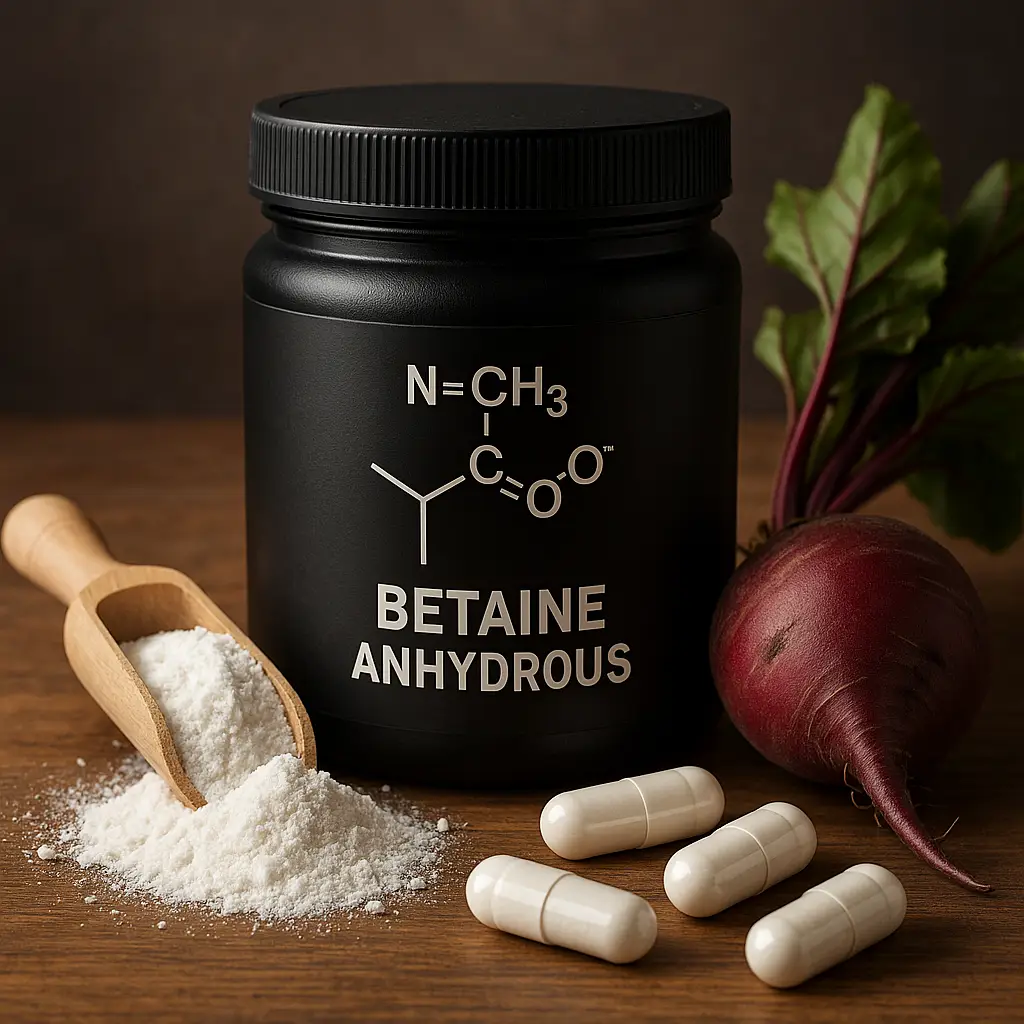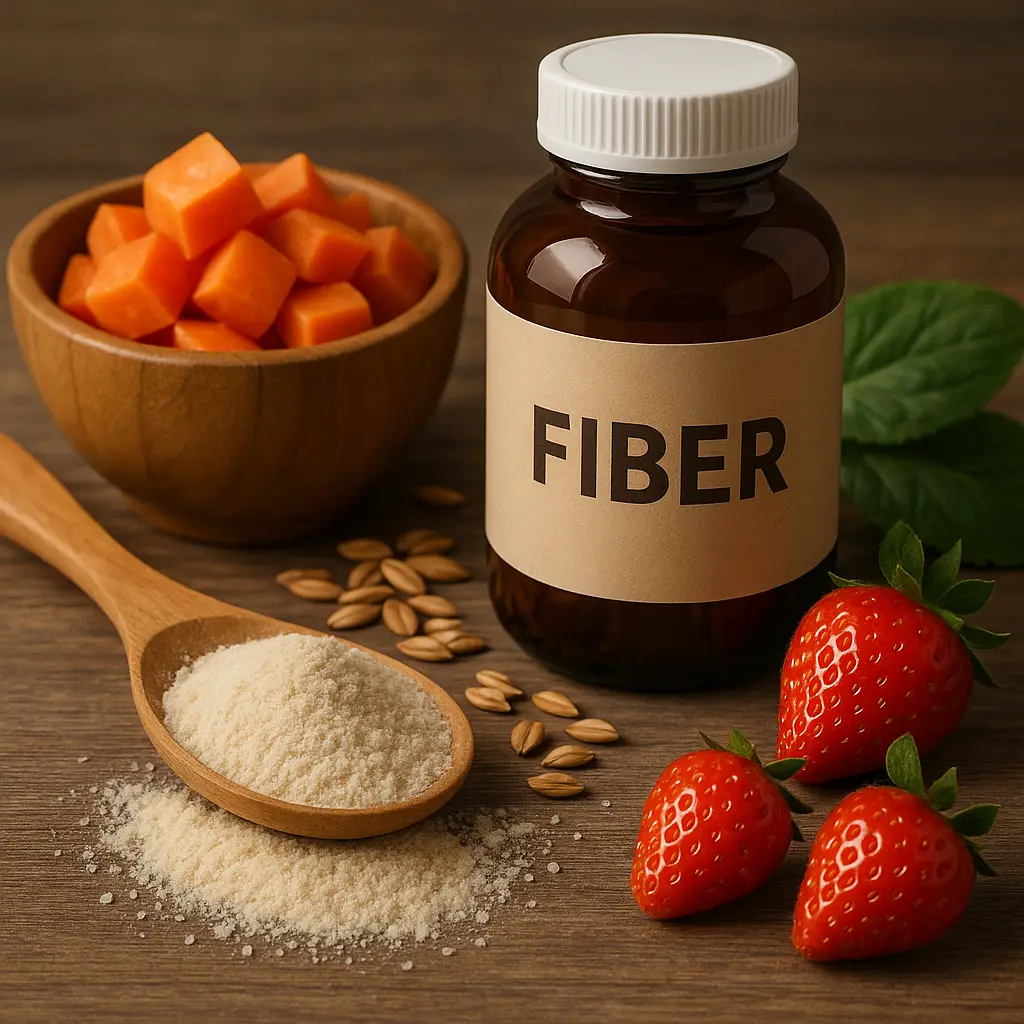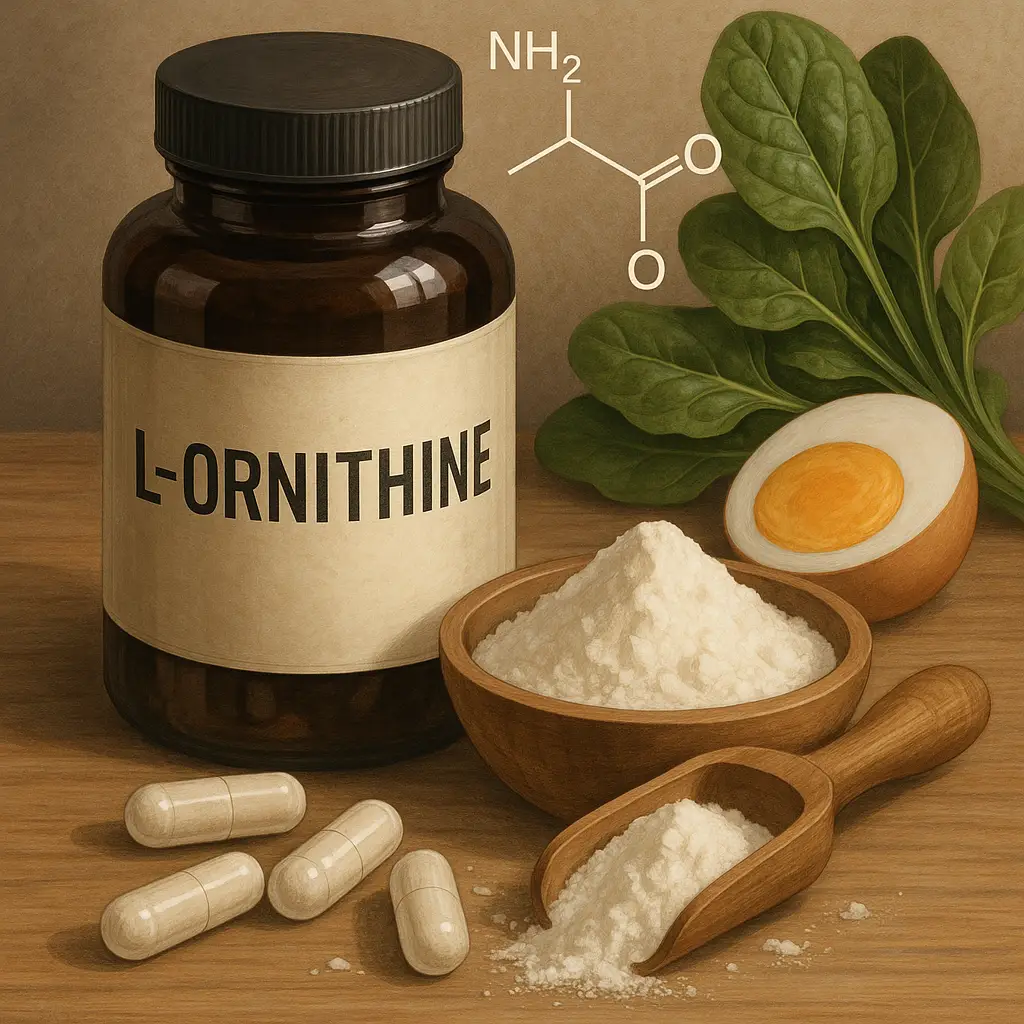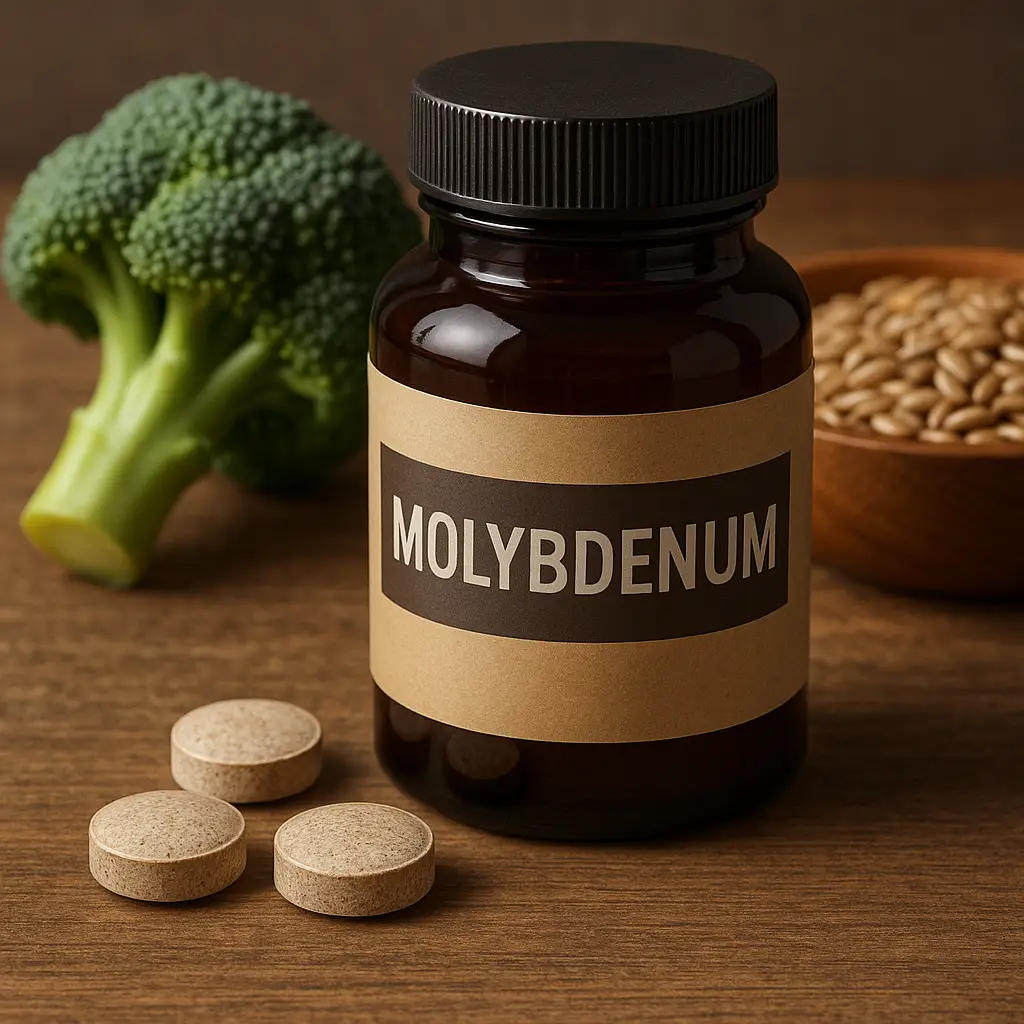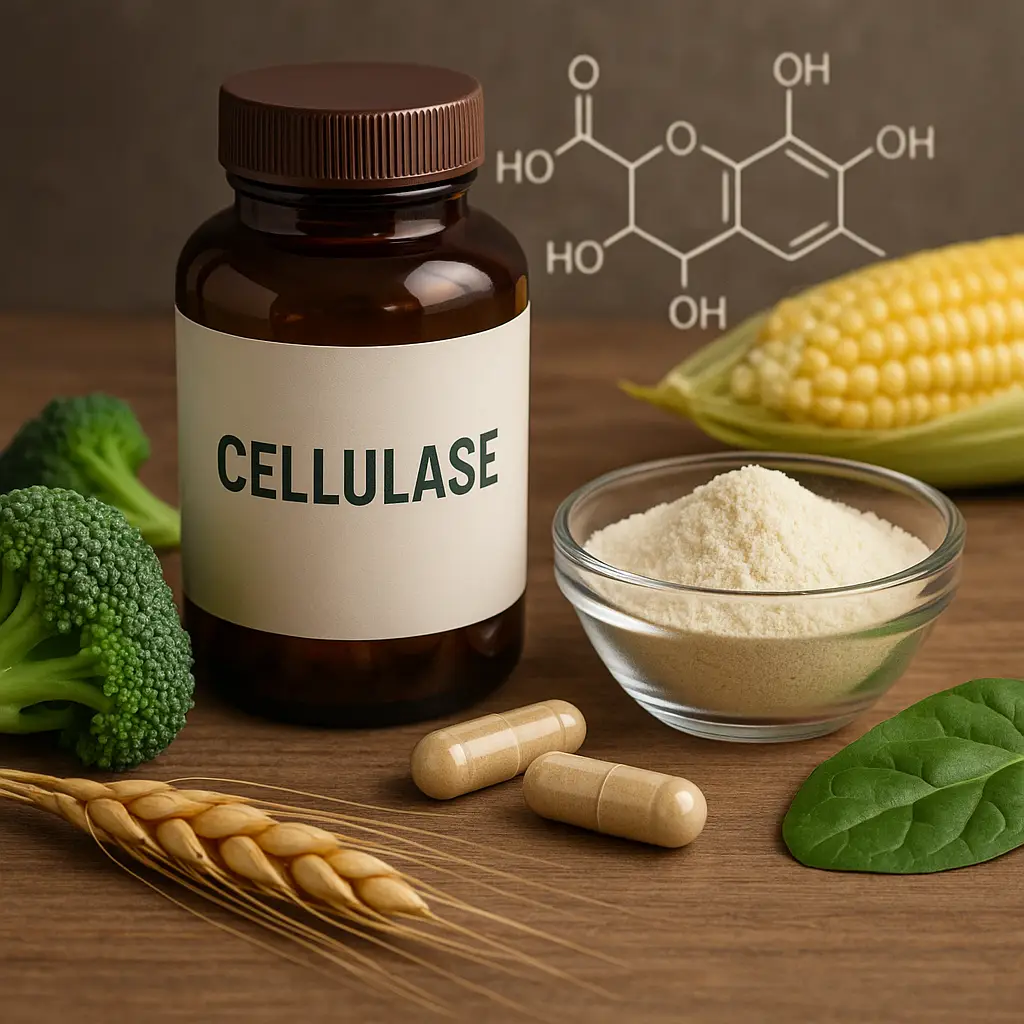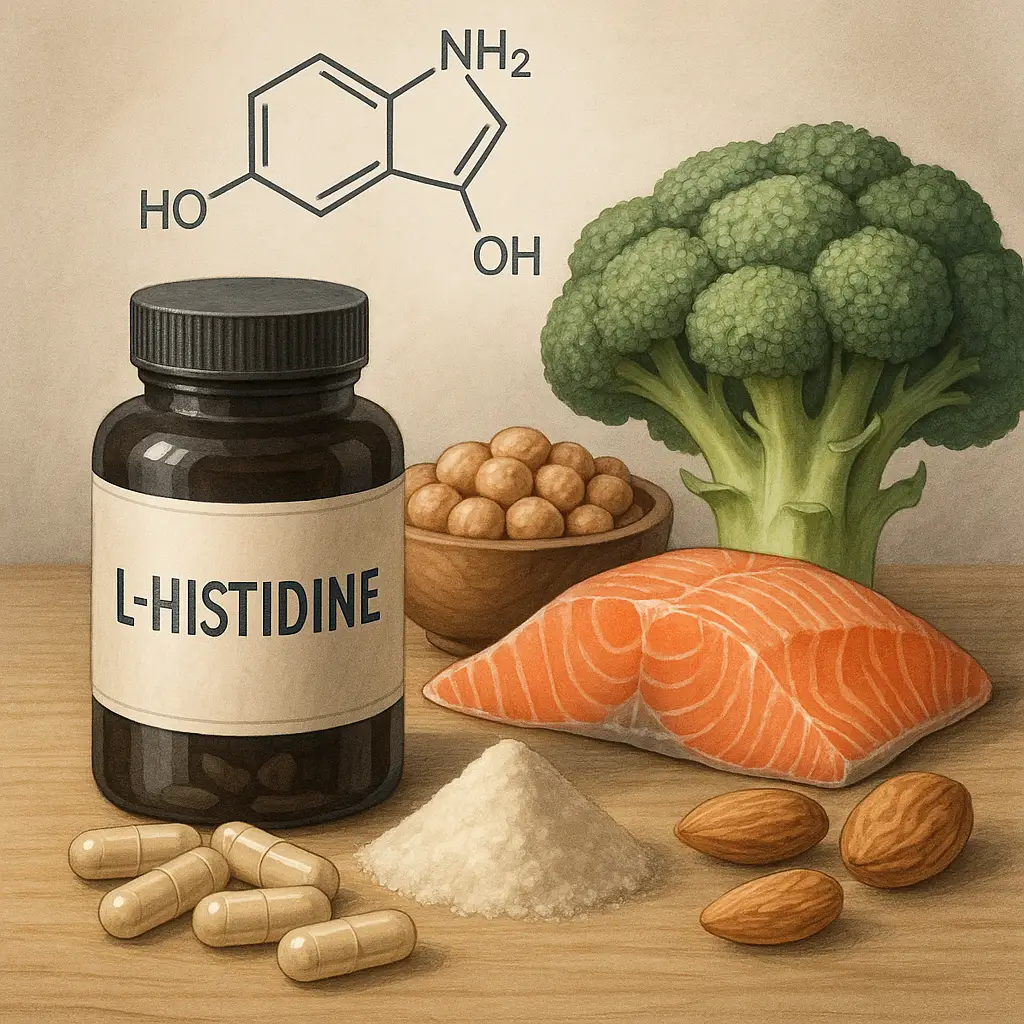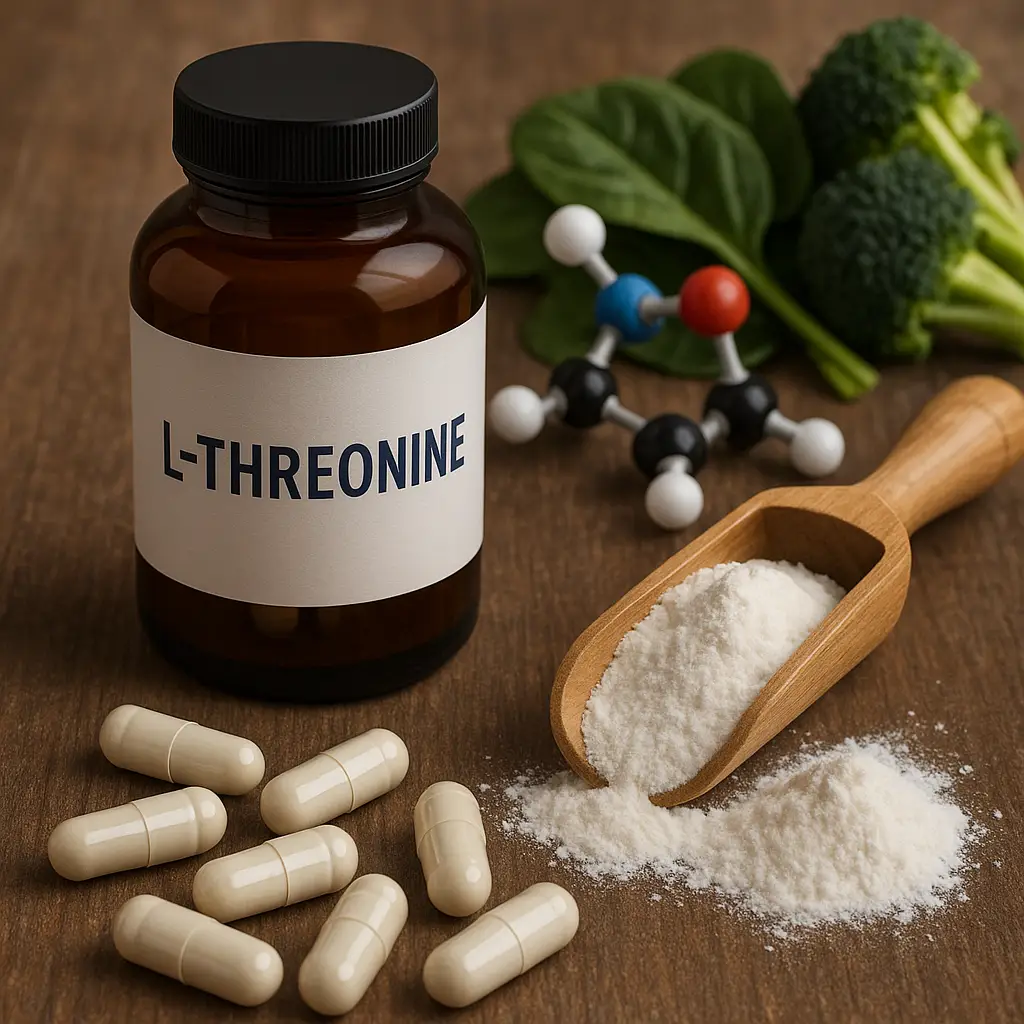Betaine Anhydrous
What is Betaine Anhydrous?
Betaine anhydrous, also known simply as betaine, is a naturally occurring compound derived from the amino acid glycine. It is found in several organisms, including plants and animals. Betaines are classified as trimethylated derivatives of the amino acid and their physiological roles are vital for various metabolic processes.
Betaine anhydrous is most commonly extracted from sugar beets, which is where it gets its name, and it can also be synthesized in the lab. It is a non-essential nutrient, meaning the body can produce it on its own, but it can also be taken as a dietary supplement.
Benefits of Betaine Anhydrous
- Enhanced Athletic Performance: Studies suggest that betaine enhances endurance and strength during high-intensity training. It may support improved power output and training volume.
- Improved Body Composition: Supplementation with betaine has been linked to favorable changes in body composition, including increased muscle mass and decreased fat mass over time.
- Support for Cardiovascular Health: Betaine can help reduce homocysteine levels, an amino acid associated with cardiovascular diseases, thus promoting heart health.
- Improved Recovery: It may lower muscle fatigue post-exercise, allowing for quicker recovery between workout sessions.
- Gut Health Benefits: Betaine has been shown to support digestive health by enhancing the production of stomach acid, improving nutrient absorption and digestion.
Types or Forms Available of Betaine Anhydrous
Betaine anhydrous is primarily available in the following forms:
- Powder: The most common form, which can be mixed with water or smoothies.
- Capsules/Tablets: Offers a convenient way to consume betaine without the need for mixing.
How to Use Betaine Anhydrous
For optimal benefits, the following dosage guidelines are generally recommended:
- Recommended Dosage: 2-5 grams daily. Research often supports a dosage of approximately 5 grams for performance enhancement.
- Timing: It can be taken before workouts to enhance performance. Alternatively, it can be consumed post-exercise to support recovery.
Side Effects and Considerations of Betaine Anhydrous
Betaine anhydrous is generally considered safe for most individuals when used at recommended dosages. However, potential side effects include:
- Gastrointestinal issues like upset stomach or diarrhea.
- Higher doses (above 10 grams) may increase body temperature in some users.
Individuals with kidney issues or other health concerns should consult a healthcare provider before supplementing with betaine.
Foods Rich in Betaine Anhydrous
Betaine can naturally be found in various foods, including:
- Beets: One of the richest sources of betaine.
- Spinach: A green leafy vegetable that contains significant amounts of betaine.
- Quinoa: A grain high in nutrients, including betaine.
- Shellfish: Such as shrimp and crab.
Common Myths About Betaine Anhydrous
- "Betaine is only for bodybuilders." - False. While it’s popular among athletes, anyone looking to improve their fitness or health can benefit from betaine.
- "It causes dehydration." - False. Betaine does not cause dehydration; rather, it may enhance hydration within muscle cells.
- "It's a dangerous substance." - False. Betaine is a naturally occurring compound and has been used in supplements for a long time without significant adverse effects.
Conclusion
Betaine anhydrous is a versatile supplement with significant health and performance benefits. From enhancing athletic performance to supporting body composition and cardiovascular health, it represents a valuable addition to the nutrition regimen of both athletes and fitness enthusiasts. When used correctly, it can help individuals optimize their training results and improve overall well-being.



